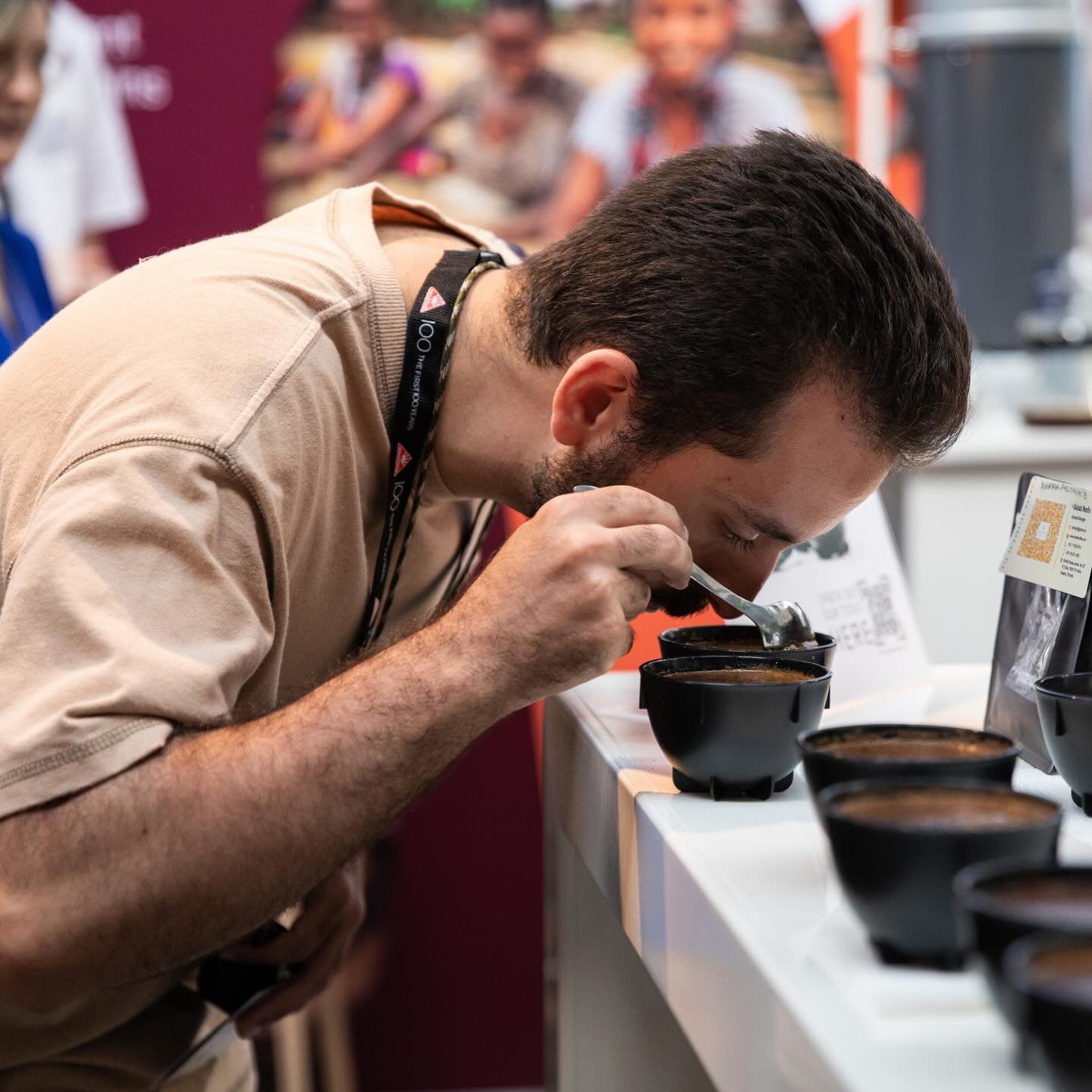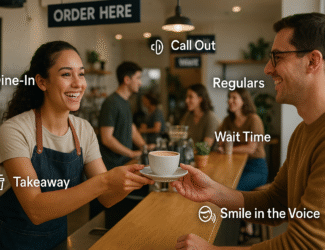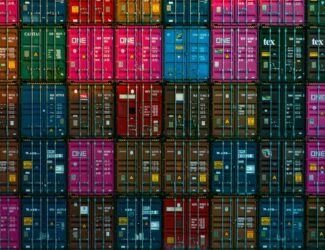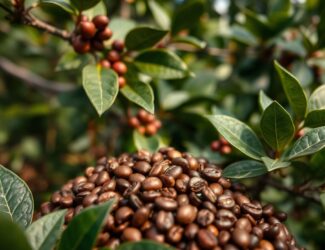
The World Coffee Roasting Championship: A Comprehensive Guide for Competitors
The annual World Coffee Championships bring together some of the biggest names in the coffee industry, and in recent years, the World Coffee Roasting Championship has become a standout event in the specialty coffee scene.
In 2024, the prestigious competition took place at World of Coffee Copenhagen in Denmark, where over 20 competitors battled for the coveted title of World Champion. This event aims to spotlight the most skilled professional roasters worldwide, evaluating them on green coffee grading, sample roasting, sensory analysis, production planning, and blending abilities.
To win, competitors must refine their theoretical and practical expertise to the highest level.
Inside the World Coffee Roasting Championship
The World Coffee Roasting Championship is a three-stage event where national roasting champions compete for global recognition. Certified judges assess roasters on their ability to evaluate green coffee quality, develop roast profiles that highlight the coffee’s sensory attributes, and achieve the best cup quality.
Eduardo Choza, Director of Coffee at Mayorga Coffee and the 2024 US Coffee Roasting Champion, describes the event as “the pinnacle of coffee roasting competitions. As a roaster, it’s a huge honor to take part.”
Competitors receive five different coffees: one to sample roast, one single origin, and three for blending. All are arabica beans sourced from various origins, processed in different ways.
The competition unfolds in three stages:
- First Round: Competitors practice and evaluate their green coffee, conduct a sample roast, participate in an open cupping session, and develop a roast plan.
- Second Round: Production roasting.
- Third Round: Evaluating and scoring production roasts according to each competitor’s roast plan.
Since its inception in Nice, France, in 2013, the championship has grown in popularity. Initially featuring ten competitors from Asia and Europe, this year’s event in Copenhagen saw participants from 20 countries across five continents, including five coffee-producing nations.
Following a Competitor’s Journey
Success in the World Coffee Roasting Championship requires extensive preparation and training. Eduardo, the 2024 US Coffee Roasting Champion, trained by familiarizing himself with sponsor equipment, such as the Link sample roaster and the Stronghold S9X.
“Solid sensory knowledge is crucial,” Eduardo explains. “You need to know how to cup and roast coffee on various machines to adjust a wide range of variables. Even if you’re unfamiliar with a specific machine, having the knowledge and skill will help you succeed in the competition. Understanding green grading is also essential – knowing how bean density, origin, and processing method impact your roast plan.”
Challenges in Coffee Competitions
One major criticism of coffee competitions is their lack of inclusivity, diversity, and accessibility. Competing demands significant time and financial investment, often limiting participation to professionals from high-income countries.
“Competing requires substantial resources,” Eduardo says. “Financial investment and time commitment are crucial. The inability to afford these resources can restrict access and prevent many talented individuals from participating. I would love to see more Latin American nations take part.”
Additionally, there is limited information available about roasting competitions compared to other WCC events. Prospective participants can read the rules and regulations, but hands-on expertise is vital for success.
“One of the biggest challenges I faced was getting to know the machines and the learning curve that came with that,” Eduardo shares. “The US Roasting Championship took place in April, leaving me with just two months to prepare.”
Tips and Advice from a Roasting Champion
Practice is key in specialty coffee competitions. Eduardo encourages continuous development and testing of skills. “Compete to improve roasting quality in the wider industry, enhance the competitions, and represent a more diverse range of people on stage.”
Understanding the motivation behind competing is also essential. Whether it’s to enhance skills, advance specialty coffee, or represent a company and cultural heritage, it’s a significant part of the journey.
“For me, it’s to represent Mayorga Coffee and the human element of coffee with all the hard work we do at origin and the producers we have close relationships with,” Eduardo explains. “I’m proud to represent not only the United States but also my Mexican heritage and Latino culture.”
Finding Support and Encouragement
For newcomers, the idea of competing can be daunting, but Eduardo emphasizes the importance of taking the leap. “Even if you think you don’t know enough, it will push you to become better and grow your community. It will open opportunities you didn’t know were possible.”
Financial resources can be a barrier, but support is available from companies and organizations, depending on geographical location. “There are coffee bodies that can help alleviate financial restrictions,” Eduardo notes.
Participating in the World Coffee Roasting Championship is an incredible opportunity to refine your craft and showcase your skills. While it requires thorough preparation and training, it also offers the chance to represent yourself, your company, or your country, and elevate the specialty coffee community on a global stage.



